Sound - Year 8, KS3 stage
Brief note for KS 3 students, covering the following learning objectives:
1. Understand the sound is a form of energy.
2. Explain the sound wave in terms of amplitude and wavelength.
3. Understand the properties of sound waves.
4. Calculate the speed of sound.
5. Explain how the sound travels.
6. Structure of ear
The worksheets are useful for KS3 students, especially Year 8 students to revise and master the topic.
If you do like our lesson, do visit fabulous worksheet and note in https://www.tes.com/teaching-resource/ks3-secondary-1-checkpoint-worksheet-and-revision-with-answer-script-sound-12065213
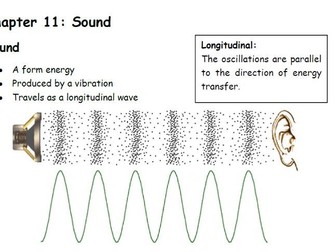
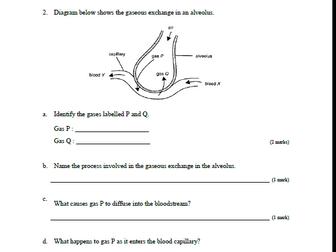
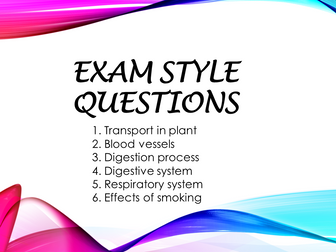
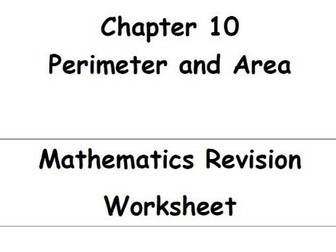
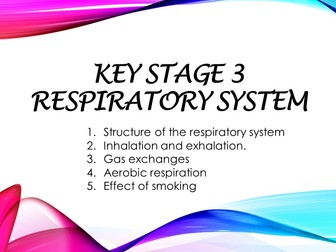
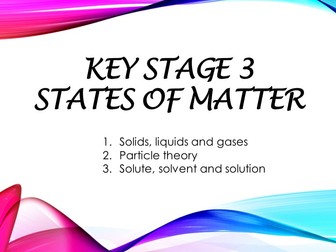
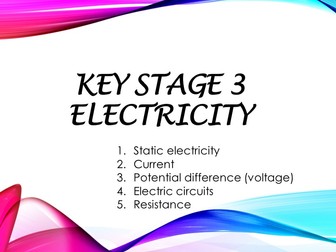
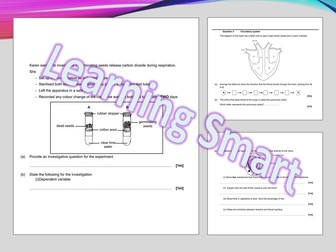
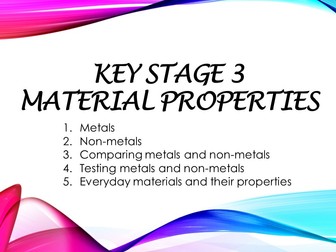
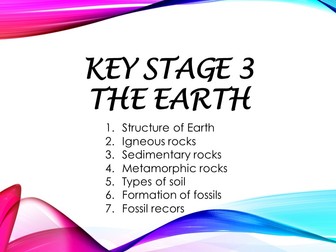
![KS3_Secondary 1 checkpoint_Respiratory and circulatory system [Complete sets]](https://l.imgt.es/resource-preview-imgs/16ec2059-3476-427b-8959-6c2effec3754%2FTemplateRevision.crop_959x720_0%2C0.preview.jpg?profile=res-img-med-legacy-v2)